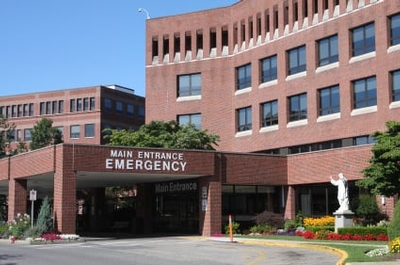
Hospitals Now Must Provide Notice About “Observation Status”
All hospitals must now give Medicare recipients notice when they are in the hospital under observation status. The notice requirement is part of a law enacted in 2015 but that just took effect.
Signed by President Obama in August 2015, the law was intended to prevent surprises after a Medicare beneficiary spends days in a hospital under “observation” and is then admitted to a nursing home. This is important because Medicare covers nursing home stays entirely for the first 20 days, but only if the patient was first admitted to a hospital as an inpatient for at least three days. Many beneficiaries are being transferred to nursing homes only to find that because they were hospital outpatients all along, they must pick up the tab for the subsequent nursing home stay — Medicare will pay none of it.
The law, the Notice of Observation Treatment and Implication for Care Eligibility (NOTICE) Act, did not eliminate the practice of placing patients under “observation” for extended periods, but it did require hospitals to notify patients who are under observation for more than 24 hours of their outpatient status within 36 hours, or upon discharge if that occurs sooner. The Act required hospitals to begin giving patients this notice as of March 8, 2017. Some states, including California and New York, already require such notice.
To avoid violating the law, hospitals that accept Medicare patients will now have to explain to patients under observation that because they are receiving outpatient, not inpatient, care, their hospital stay will not count toward the three-day inpatient stay requirement and that they will be subject to Medicare’s outpatient cost-sharing requirements. The law does not make hospital observation stays count towards Medicare’s three-day requirement.
For an article from USA Today about the new requirement, click here.
For the text of the NOTICE Act, click here.
For more about Medicare, click here.
Rather than being defined by technical and legal distinctions, our Elder Law practice is defined by the clients to be served. In other words, LCR’s Elder Law legal practice focuses on serving the legal needs of clients as they age. Please do not hesitate to contact our Elder Law Practice Group Attorneys and Paralegals if you have any questions or would like assistance in preparing or reviewing your estate planning documents: Renata A. Mizak, Esq. (rmizak@lcrlaw.com); Richard T. Sweeney, Esq. (rsweeney@lcrlaw.com); Colleen D. Hewitt (chewitt@lcrlaw.com); Laurie Spangenberg (lspangenberg@lcrlaw.com); and Jessica Bisanzio (jbisanzio@lcrlaw.com). Our attorneys and paralegals can also be reached by phone at (973) 729-1880.




